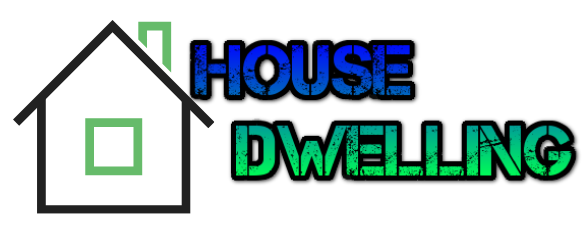1. Eviction Moratoriums: Various governmental authorities have imposed temporary moratoriums on evictions due to the COVID-19 pandemic. While the extensions of these moratoriums vary state-by-state, they have significantly affected landlords’ ability to take action against non-paying tenants.
2. Landlord Licencing: More cities are passing mandatory landlord licensing requirements, which can include fees, inspections, and other requirements in order to maintain necessary licenses.
3. Tenant Rent Control: Many states and cities have enacted rent control regulations that restrict annual rent increases and require specific justifications for evictions.
4. Smoke-Free Law Compliance: Many cities and states that require landlords to enforce smoke-free laws in rental properties.
5. Fair Housing Policies: Landlords must adhere to a range of federal, state, and local fair housing policies to avoid illegal discrimination and related liability and penalties.
6. Tenant Protection Acts: Several states have passed Tenant Protection Acts which provide tenants with additional rights and protection from eviction, rent increases, and other landlord actions.
7. Short-Term Rental Regulation: Cities have enacted various regulations on short-term rentals such as Airbnb and HomeAway.
8. Habitability Regulations: Landlords are required to maintain rental properties in a certain condition to satisfy habitability regulations.
9. Security Deposit Protection Laws: Many states have passed laws designed to help protect larger security deposits and require landlords to hold funds in specific accounts.
10. Energy Efficiency Standards: Several states have enacted energy efficiency standards for rental properties which requires certain renovations and upgrades to the property.







